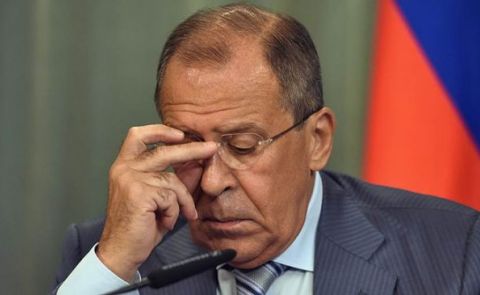
Azerbaijan Accuses Armenia of Holding 'Secret' UN Meeting on Nagorno-Karabakh

On August 23, the Permanent Representation of Armenia organized a discussion at the UN Headquarters, during which the expert opinion of Juan Mendez, former Special Adviser of the UN Secretary-General on the Prevention of Genocide, professor of human rights at the American University of Washington, on the ongoing blockade of Nagorno-Karabakh and the possibilities of using the prevention toolkit by the UN, was presented. Attending the diplomats were diplomats from UN Security Council member states and several other countries.
In his opening remarks, Armenia's Permanent Representative to the UN, Mher Margaryan, presented the situation in Nagorno-Karabakh, noting that the humanitarian crisis continues to worsen. Referring to the urgent meeting of the UN Security Council convened on August 16 at the request of Armenia, the envoy stressed that the UN could not allow another crime to be committed and must take explicit steps to prevent it.
Professor Mendez, in particular, emphasized that in the context of the current situation in Nagorno-Karabakh, the refusal to comply with the mandatory judgment of the International Court of Justice is a sign to launch early prevention tools to prevent the genocide. According to the expert opinion of Professor Mendez, the situation in Nagorno-Karabakh is a sufficient basis for the international community to activate early warning mechanisms and the principle of responsibility to protect.
On August 25, the Permanent Mission of the Republic of Azerbaijan to the United Nations released a statement about the “secret meeting” held by the Armenian delegation at UN headquarters.
The information said, "On August 23, the Permanent Mission of Armenia to the UN staged yet another provocative action at the UN headquarters, habitually pursuing its goal of spreading disinformation and distorting the situation around the Lachin road."
"In gross violation of the established traditions of the United Nations, the Permanent Mission of Armenia, in secret from the vast majority of UN members, organized a closed meeting inviting only a small group of countries and biased experts, closing the doors to all other UN members, and even posting security in front of the meeting room, simply to avoid honest discussion at all costs and to shield itself from inevitable exposure. As it is widely known, public discussions within the walls of the UN, in cases where they are really aimed at an unbiased and conscientious exchange of views, take place in an open format, with prior notification of member states of the time and place of the event and an invitation to participate. Consequently, the format chosen by the Armenian diplomats could be called unprecedented for the UN if it wasn't becoming increasingly common in the case of Armenia, which regularly abuses this platform to promote false narratives. In this context, it is easy to understand the bewilderment and indignation of diplomats of several countries, to whom the Permanent Mission of Armenia not only denied the basic right of all UN members to participate in the discussion but even threatened them with the police," the statement said.
See Also

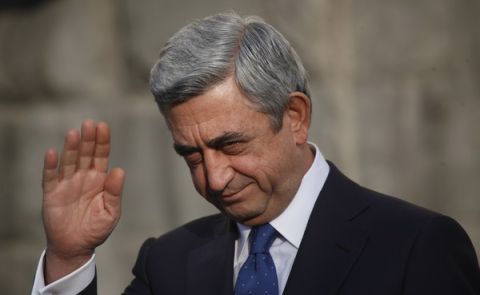
Serzh Sargsyan Rejects Charges, Backs Impeachment, and Warns of Secret Deals
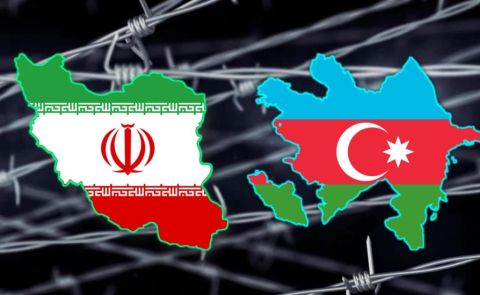
Azerbaijan Confirms Execution of Terrorist Behind Embassy Attack in Iran
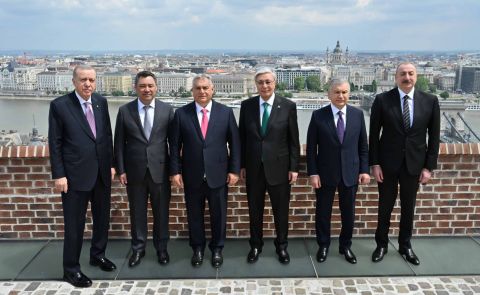
Turkic Leaders Adopt Budapest Declaration, Emphasizing Peace, Trade, and Digital Connectivity
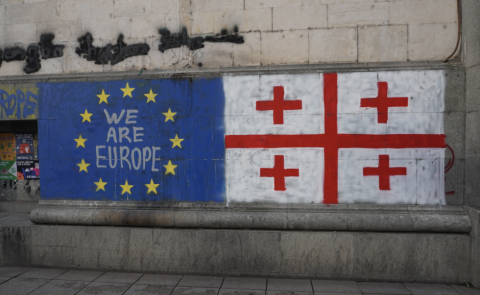
International Officials Criticize Georgian Dream Amid Democratic Concerns

